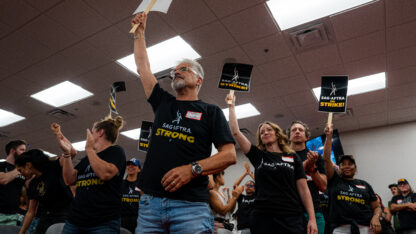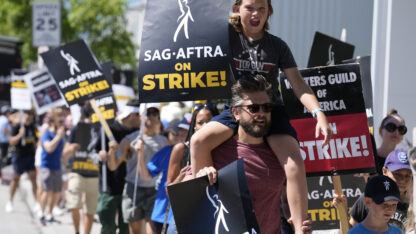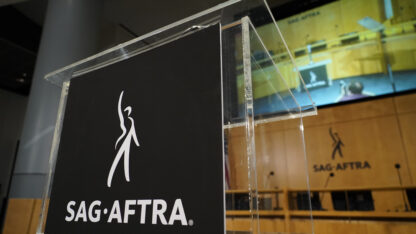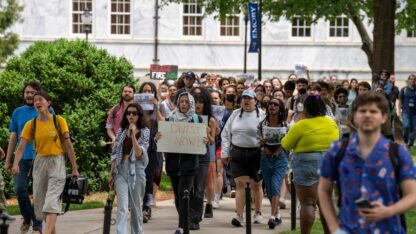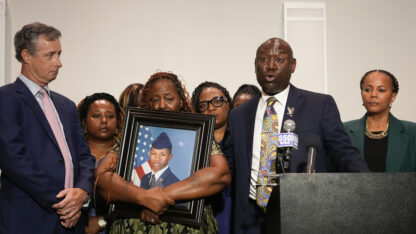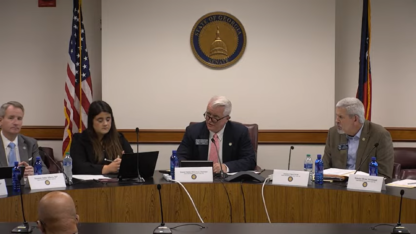Georgia non-union industry employees face newfound challenges in SAG-AFTRA/WGA fight for higher wages
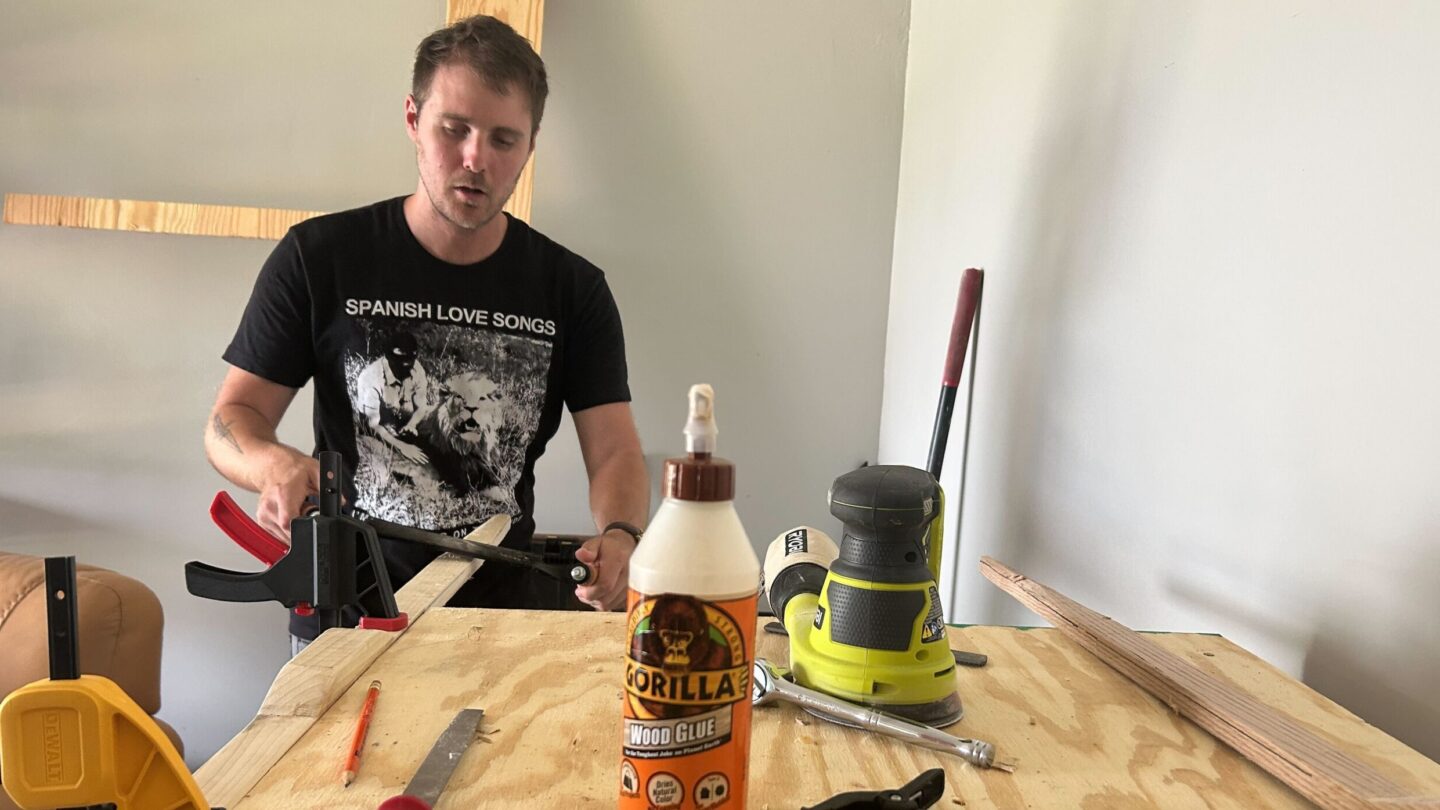
On days when she works on set, makeup artist Tiyra Rogers often gets up at the crack of dawn to get actors camera ready.
“I wrapped my last film at the beginning of June, so it’s been about four weeks, which leads me to believe [work] is going to be inconsistent.”
Since the WGA Strike, Rogers, a non-union worker, has been working for a dentist’s office, hoping a deal to end the strike will come soon.
According to the union, Rogers is one of an estimated 20,000 Georgia film workers; 4,000 of them are SAG-AFTRA members.

“Someone on some side is going to have to cave because everyone is hurting right now,” she said.
Kate Fortmueller, an entertainment and media studies professor at the University of Georgia, notes that when productions in Atlanta shut down, non-union workers are typically hit the hardest.
“They can’t necessarily wait out the strike to then continue trying to break in,” Fortmueller said. “That might lead them to pick a new career, try something else.”
Georgia has become a major hub for film productions because it offers lucrative unlimited tax credits. State officials also tout the low unionization as a reason to film here.
Lewis Toms, a Florida native who moved to Atlanta for a chance to work in the film industry, notes that work has been pretty dry over the last few weeks. A carpenter by trade, Toms has had to rely on crafting assignments solely as a source of income.
“I’m going to a few Facebook groups, since I’m not in the union or anything like that trying to find people for like indie work kind of stuff, looking for positions to be filled,” said Toms. “And even places like that … I’ve noticed way more people asking for work than people seeking workers.”
Despite the current lack of opportunities, he says that he supports the strike because, in the end, non-union members will benefit as well from a new contract.
“It’s been interesting to see people are worried, but also at the same time, you know, standing with them,” he said.
The actors and writers on strike are looking for improved streaming residuals, better wages, better working conditions and an assurance that AI will not take their jobs.
